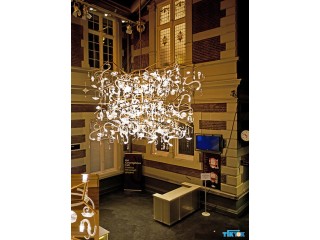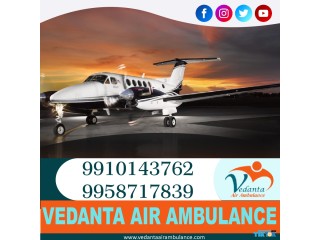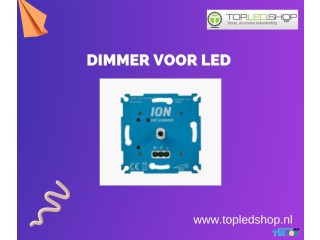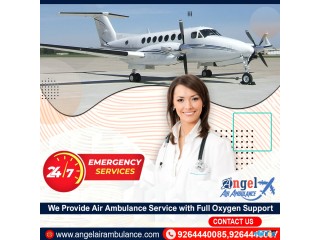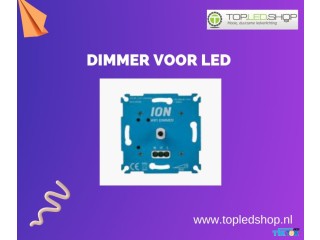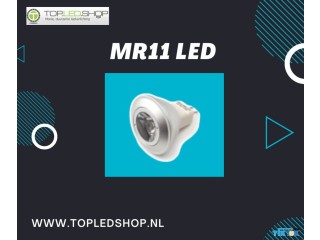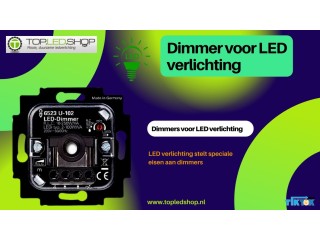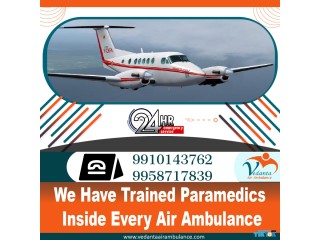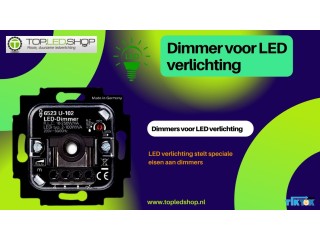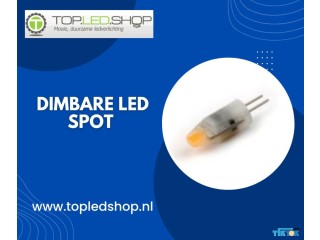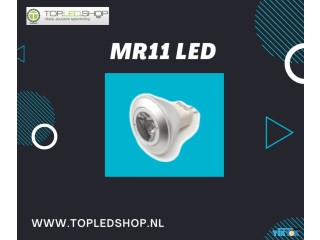Photography Lighting Equipment: The Essential Guide Private
2 years ago - Multimedia - San Antonio - 55 views -When you first dive into photography lighting equipment, you’re bound to feel massively overwhelmed. Studio lighting seems complex, it’s full of confusing jargon, and it certainly isn’t designed for the beginner.
But here’s the truth:
While photography lighting might seem complicated, it’s actually pretty easy to get started – assuming you have the right teacher. That’s where this article comes in handy; I aim to share all the professional stage lighting, so that by the time you’re done, you’ll have a strong understanding of both studio lighting equipment and the accompanying vocabulary.
Let’s get started.
Types of light
In this section, I cover the main types of studio light. Note that each lighting type varies in terms of usefulness, portability, cost, and more.
Strobes
A studio strobe, sometimes referred to as a monobloc or monolight, is a dedicated flash unit. Strobes generally use cords, though more battery-powered offerings are brought to the market every day. Power output between models can vary greatly; cheaper strobes offer about as much power as cheap, third-party flashguns, while class-leading strobes are some of the strongest lights in the business. For this reason, strobes are the most common studio light used by professionals.
Continuous lights serve the same function as strobes, but they don’t flash. Instead, they are high-powered, constant lamps that can (usually) be fitted with modifiers. While associated with video, continuous lights still have their place in stills photography. LED lights are currently flooding the continuous light market, and many of them are viable options for stills shooters.
Note that continuous lights are sometimes referred to as hotlights – because they tend to get very hot. Be careful with modifiers that sit close to the bulb, as they present a fire hazard. (This does not apply to LED lights.)

